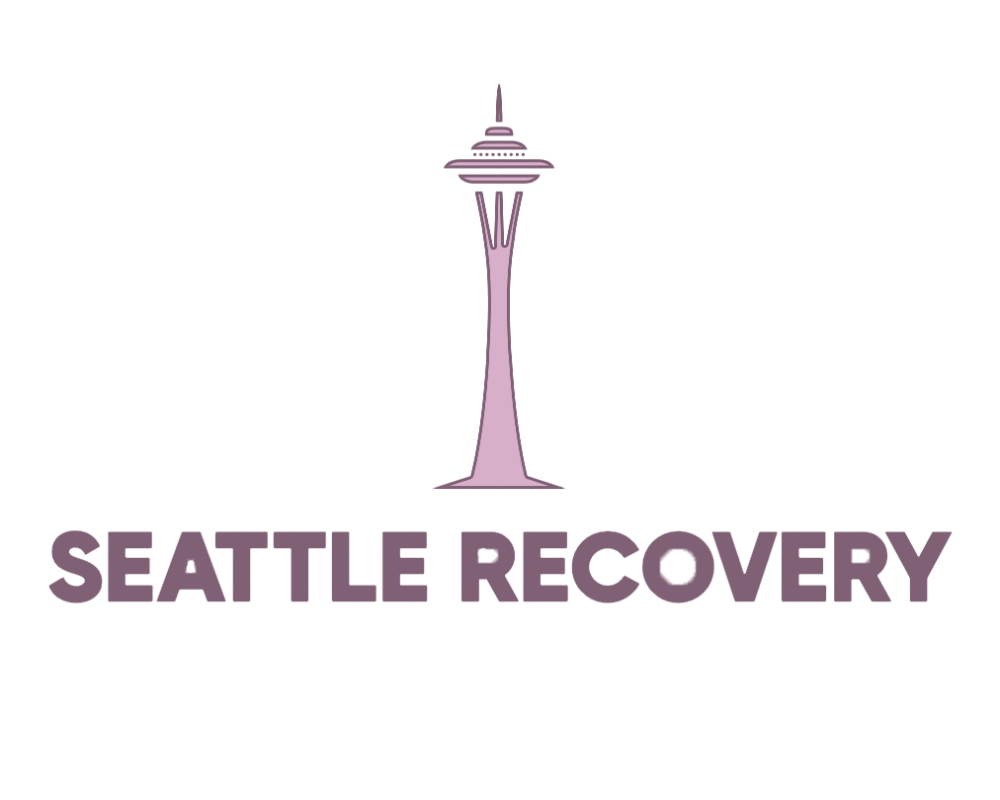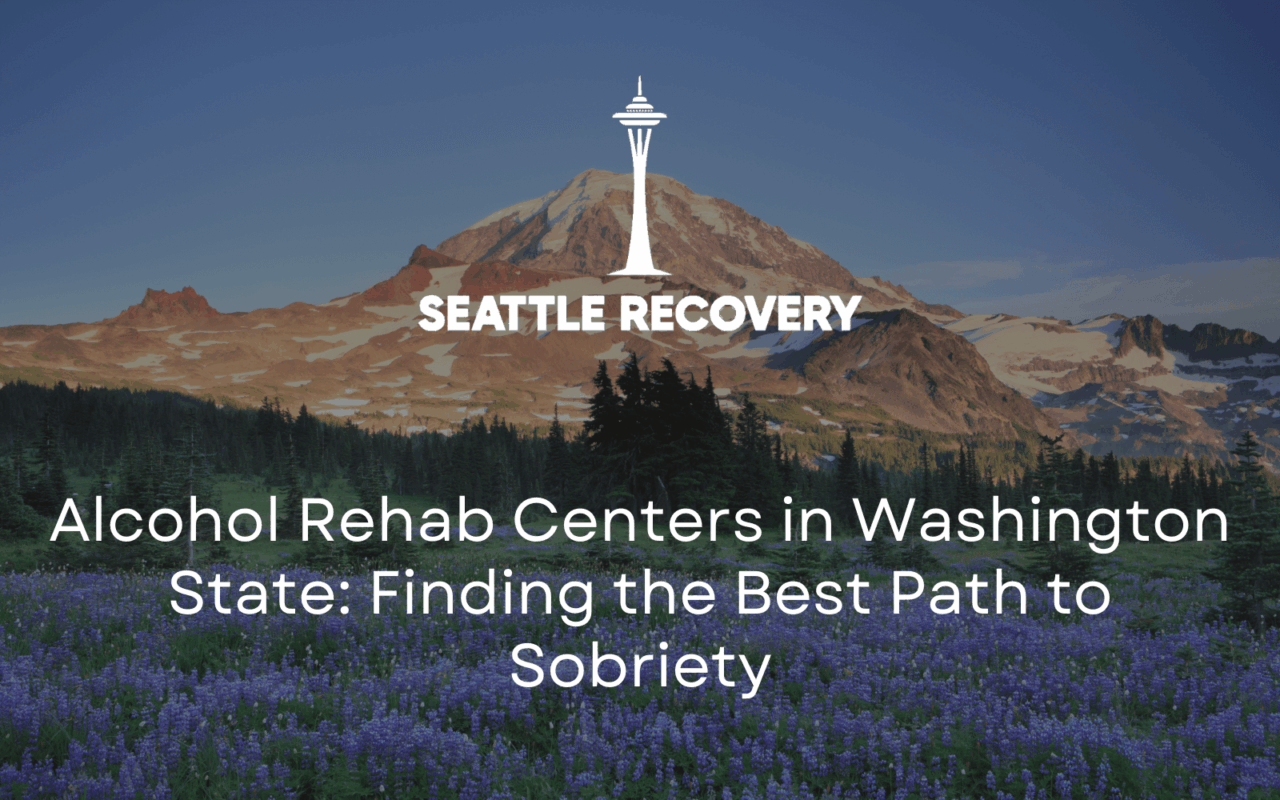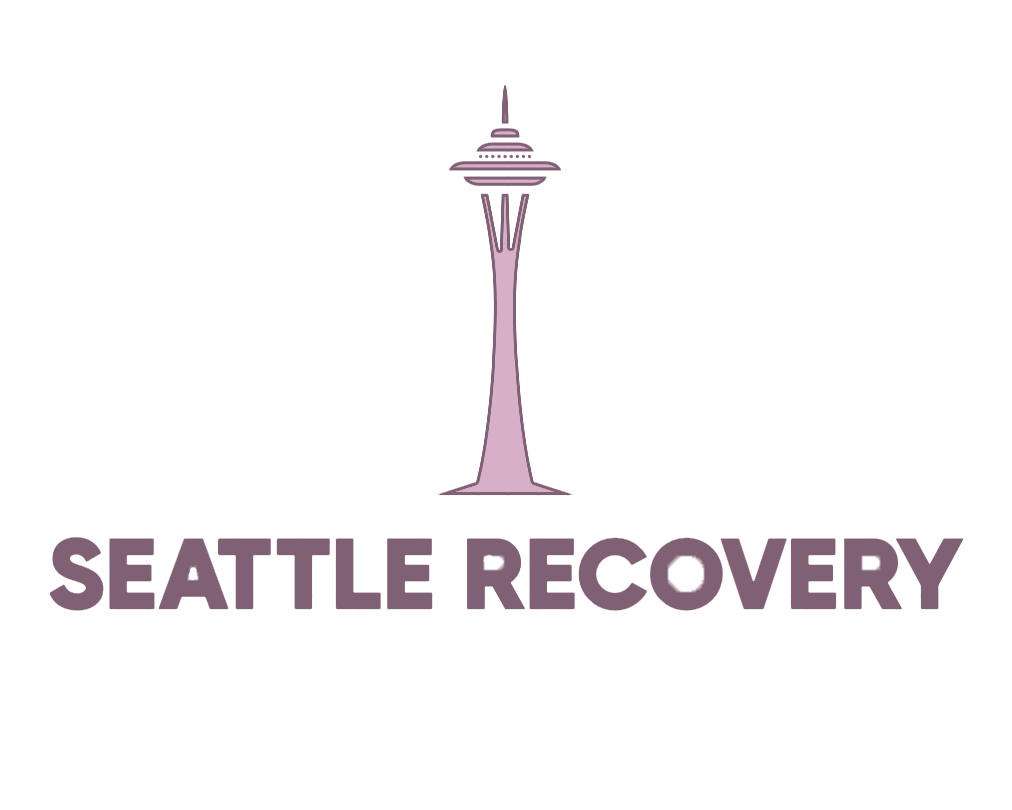Alcohol Rehab Centers in Washington State
Struggling with alcohol addiction can feel overwhelming, but finding the right treatment center can make all the difference in your recovery journey. Washington State offers numerous high-quality treatment facilities that provide comprehensive care for individuals battling alcohol use disorders. Whether you’re seeking help for yourself or a loved one, understanding what alcohol rehab centers in Washington State offer is the first step toward lasting sobriety.
Understanding Alcohol Addiction Treatment in Washington
Washington State has emerged as a leader in addiction treatment, with facilities scattered throughout the region offering evidence-based care that addresses both the physical and psychological aspects of alcohol dependence. Alcohol rehab centers in Washington State recognize that addiction is a complex disease requiring personalized treatment approaches tailored to each individual’s unique circumstances, co-occurring mental health conditions, and recovery goals. The beautiful Pacific Northwest setting provides an ideal backdrop for healing, with many treatment centers incorporating the region’s natural beauty into their therapeutic programs. From the bustling cities of Seattle and Tacoma to the serene landscapes of Spokane and Vancouver, alcohol rehab centers in Washington State offer diverse environments where individuals can focus entirely on their recovery without the distractions and triggers of everyday life.
Comprehensive Detox and Intervention Assistance
The journey to sobriety often begins with detoxification, a critical phase where the body clears itself of alcohol and related toxins. Alcohol rehab centers in Washington State provide medically supervised detox programs that ensure safety and comfort during this challenging period. Detoxification Services Include:
- 24/7 Medical Monitoring: Healthcare professionals continuously monitor vital signs, managing withdrawal symptoms as they arise to prevent potentially dangerous complications such as seizures or delirium tremens.
- Medication-Assisted Treatment: FDA-approved medications help reduce cravings, ease withdrawal symptoms, and support the body’s natural healing processes, making detox more manageable and increasing the likelihood of successful completion.
- Nutritional Support: Proper nutrition helps restore physical health compromised by prolonged alcohol use, with specialized meal plans designed to replenish essential vitamins and minerals depleted during active addiction.
- Emotional Support: Compassionate staff members provide round-the-clock encouragement and reassurance, helping individuals navigate the physical discomfort and emotional turbulence that often accompany early recovery.
Professional Intervention Services:
Many alcohol rehab centers in Washington State also offer professional intervention assistance for families who are struggling to convince a loved one to seek treatment. Trained interventionists work with families to plan and execute effective interventions that encourage individuals to accept help while preserving family relationships and minimizing resistance or defensiveness.
Inpatient and Outpatient Treatment Options
Understanding the different levels of care available helps individuals choose the most appropriate treatment setting for their needs. Alcohol rehab centers in Washington State offer both inpatient and outpatient programs, each with distinct advantages depending on the severity of addiction, personal responsibilities, and support system availability.
Inpatient Treatment Programs:
Inpatient or residential treatment provides the highest level of care, with individuals living at the facility full-time for the duration of their program. This immersive approach removes people from environments where triggers and temptations exist, allowing complete focus on recovery. Inpatient programs typically last 30, 60, or 90 days, though some individuals benefit from extended care lasting several months. Benefits of inpatient care include structured daily schedules filled with therapeutic activities, immediate access to medical and psychological support, peer community building, and elimination of access to alcohol. This intensive environment is particularly beneficial for individuals with severe addictions, co-occurring mental health disorders, previous unsuccessful treatment attempts, or unstable home environments.
Outpatient Treatment Programs:
Outpatient treatment allows individuals to continue living at home while attending scheduled therapy sessions and treatment activities at the facility. This flexible approach works well for people with strong support systems, stable housing, mild to moderate addiction severity, work or family obligations, or those transitioning from inpatient care. Outpatient programs vary in intensity, with some requiring several hours of treatment multiple days per week, while others involve weekly therapy sessions. This flexibility enables individuals to maintain employment, attend school, and fulfill family responsibilities while receiving professional addiction treatment from alcohol rehab centers in Washington State
Partial Hospitalization Programs and Residential Treatment
For individuals requiring more support than traditional outpatient care but not needing 24-hour supervision, alcohol rehab centers in Washington State offer Partial Hospitalization Programs (PHP) and specialized residential treatment options that bridge the gap between inpatient and outpatient care.
Partial Hospitalization Programs (PHP):
PHPs provide intensive treatment during the day while allowing individuals to return home each evening. Participants typically attend programming five to seven days per week for four to six hours daily, receiving nearly the same level of care as inpatient treatment without requiring overnight stays.
- Structured Therapeutic Environment: Daily programming includes multiple therapy sessions, medication management, educational workshops, and skill-building activities that address the root causes of addiction.
- Medical and Psychiatric Support: Regular access to physicians, psychiatrists, and nurses ensures that both physical health concerns and mental health conditions receive appropriate attention and treatment.
- Gradual Reintegration: PHPs help individuals practice newly learned coping skills in real-world environments while maintaining intensive professional support, reducing the risk of relapse during early recovery.
- Cost-Effective Alternative: This level of care typically costs less than residential treatment while still providing comprehensive services that support lasting recovery.
Residential Treatment:
Residential programs at alcohol rehab centers in Washington State offer a home-like environment where individuals live together in supervised housing while participating in intensive treatment. These programs emphasize community, peer support, and the development of independent living skills necessary for maintaining sobriety after treatment. Residential settings provide structure and accountability while encouraging personal responsibility and autonomy. Residents participate in household responsibilities, attend required therapy sessions, engage in recreational activities, and gradually rebuild their lives with professional guidance and peer encouragement.
Evidence-Based Therapeutic Approaches
Alcohol rehab centers in Washington State utilize proven therapeutic modalities that address both addiction and underlying mental health conditions. These evidence-based approaches help individuals understand the root causes of their alcohol use, develop healthy coping mechanisms, and build resilience against future challenges.
Eye Movement Desensitization and Reprocessing (EMDR):
EMDR is a powerful therapeutic technique particularly effective for individuals whose alcohol use stems from trauma, PTSD, or distressing life experiences. This approach helps reprocess traumatic memories, reducing their emotional impact and eliminating the need to self-medicate with alcohol.
- Trauma Resolution: EMDR allows individuals to process traumatic experiences without prolonged exposure to painful memories, making healing more accessible and less overwhelming.
- Reduced Triggers: By desensitizing emotional responses to trauma-related triggers, EMDR significantly decreases the likelihood of trauma-induced cravings and relapse.
- Dual Diagnosis Treatment: This therapy effectively addresses co-occurring PTSD and substance use disorders simultaneously, treating both conditions rather than just symptoms.
Cognitive Behavioral Therapy (CBT):
CBT is one of the most widely used and researched treatments for alcohol addiction, focusing on identifying and changing negative thought patterns and behaviors that contribute to substance abuse.
- Identifying Triggers: CBT helps individuals recognize situations, emotions, and thought patterns that lead to alcohol cravings, enabling proactive management of high-risk situations.
- Developing Coping Skills: Therapists teach practical strategies for managing stress, anxiety, depression, and other uncomfortable emotions without turning to alcohol.
- Challenging Distorted Thinking: CBT addresses cognitive distortions like all-or-nothing thinking, catastrophizing, and negative self-talk that often perpetuate addictive behaviors.
- Relapse Prevention: By understanding the connection between thoughts, feelings, and behaviors, individuals develop personalized relapse prevention strategies that support long-term sobriety.
Dialectical Behavior Therapy (DBT):
Originally developed for borderline personality disorder, DBT has proven highly effective for treating substance use disorders, particularly when combined with emotional regulation challenges or self-destructive behaviors.
- Mindfulness Skills: DBT teaches present-moment awareness, helping individuals observe thoughts and cravings without judgment or immediate reaction.
- Distress Tolerance: These skills enable people to survive crisis situations without making them worse through alcohol use or other destructive behaviors.
- Emotion Regulation: DBT helps individuals understand and manage intense emotions that previously led to drinking, reducing emotional vulnerability and improving overall mental health.
- Interpersonal Effectiveness: Communication and boundary-setting skills learned in DBT improve relationships damaged by addiction and prevent codependent dynamics that enable continued substance abuse.
Individual and Group Therapy Sessions
Alcohol rehab centers in Washington State combine individual counseling with group therapy to provide comprehensive psychological support that addresses personal issues while building community connections essential for sustained recovery.
Individual Therapy Benefits:
One-on-one sessions with licensed therapists allow for deep exploration of personal struggles, trauma, family history, and mental health conditions that contribute to alcohol addiction. This private setting enables individuals to discuss sensitive topics comfortably while receiving personalized treatment strategies tailored to their specific circumstances. Individual therapy provides opportunities to work through shame and guilt, develop personal recovery goals, address co-occurring mental health disorders, process relationship challenges, and build self-esteem and self-worth damaged by addiction.
Group Therapy Advantages:
Group sessions bring together individuals at various stages of recovery, creating a supportive community where people share experiences, offer encouragement, and learn from one another’s successes and challenges.
- Reduced Isolation: Connecting with others who understand the struggles of addiction combats the loneliness that often accompanies recovery.
- Peer Accountability: Group members encourage one another to stay committed to sobriety and call out unhealthy behaviors or thinking patterns in a supportive environment.
- Diverse Perspectives: Hearing how others handle similar situations provides new ideas and strategies for managing triggers, cravings, and life stressors.
- Social Skills Development: Group therapy provides a safe space to practice interpersonal skills, receive feedback, and rebuild confidence in social situations without alcohol.

Case Management and Comprehensive Support Services
Recovery extends beyond addressing addiction itself to rebuilding all aspects of life affected by alcohol abuse. Alcohol rehab centers in Washington State provide case management services that coordinate care and connect individuals with resources necessary for establishing stable, sober lives.
Case Management Services Include:
- Treatment Coordination: Case managers ensure all aspects of care work together seamlessly, communicating with therapists, medical providers, and family members to provide cohesive support.
- Resource Connection: Linking individuals to community resources such as housing assistance, employment services, educational opportunities, and legal aid addresses practical barriers to recovery.
- Insurance Navigation: Case managers help clients understand insurance coverage, verify benefits, and access financial assistance programs that make treatment affordable.
- Aftercare Planning: Developing comprehensive continuing care plans ensures individuals maintain support systems and therapeutic connections after completing primary treatment.
- Crisis Intervention: When challenges arise during or after treatment, case managers provide immediate support and connect individuals with appropriate resources to prevent relapse.
Mentoring Programs and Peer Support
Mentoring programs offered by alcohol rehab centers in Washington State pair individuals with people who have successfully maintained long-term sobriety, providing inspiration, guidance, and accountability throughout the recovery journey.
Mentorship Benefits:
- Lived Experience Guidance: Mentors who have overcome alcohol addiction understand the challenges firsthand and offer practical advice based on real-world experience.
- Hope and Motivation: Seeing someone who has successfully rebuilt their life after addiction provides powerful proof that recovery is possible and worthwhile.
- Accountability Partner: Regular check-ins with mentors help individuals stay focused on recovery goals and provide opportunities to discuss challenges before they escalate.
- Long-Term Connection: Mentoring relationships often extend beyond formal treatment, providing ongoing support during the critical first years of recovery.
Peer support groups, including 12-step programs like Alcoholics Anonymous and alternative recovery communities, complement professional treatment by offering free, accessible support available in virtually every community throughout Washington State.
Relapse Prevention Planning and Long-Term Success
Understanding that recovery is an ongoing process, alcohol rehab centers in Washington State emphasize relapse prevention education and planning to equip individuals with tools necessary for maintaining sobriety long after completing treatment.
Comprehensive Relapse Prevention Includes:
- Trigger Identification: Learning to recognize people, places, situations, emotions, and thought patterns that increase vulnerability to drinking enables proactive avoidance or coping strategy implementation.
- Warning Sign Recognition: Understanding the progressive stages of relapse—emotional, mental, and physical—allows individuals to intervene early before actual alcohol use occurs.
- Coping Strategy Development: Building a diverse toolkit of healthy coping mechanisms ensures alternatives are available when cravings arise or life becomes overwhelming.
- Support System Establishment: Creating a network of supportive family members, friends, sponsors, therapists, and recovery peers provides multiple sources of encouragement and accountability.
- Lifestyle Modifications: Developing healthy routines around sleep, nutrition, exercise, and stress management improves overall wellbeing and reduces vulnerability to relapse.
- Continued Care Engagement: Participating in ongoing outpatient therapy, support groups, and alumni programs maintains connection to recovery resources and reinforces sobriety commitment.
Finding the Right Alcohol Rehab Center in Washington State
With numerous treatment options available, selecting the right facility requires careful consideration of individual needs, treatment philosophies, location preferences, and financial resources. Alcohol rehab centers in Washington State vary in specializations, treatment approaches, amenities, and cost, making research essential for finding the best fit. When evaluating potential treatment centers, consider factors including accreditation and licensing, staff credentials and experience, treatment approaches and therapies offered, success rates and outcome data, insurance acceptance and payment options, facility amenities and environment, aftercare and alumni programming, family involvement opportunities, and specialized programming for co-occurring disorders. Many alcohol rehab centers in Washington State offer free consultations and facility tours, providing opportunities to ask questions, meet staff members, and assess whether the environment feels comfortable and supportive. Trust your instincts—the right treatment center should feel welcoming, professional, and committed to supporting your unique recovery journey.
Conclusion
Reaching out for help takes tremendous courage, but it’s the most important decision you’ll make for your health, relationships, and future. Alcohol rehab centers in Washington State stand ready to provide the compassionate, evidence-based care necessary for breaking free from alcohol addiction and building the fulfilling, sober life you deserve. Recovery is possible, and you don’t have to face this journey alone. Whether you’re ready to begin treatment immediately or simply exploring options, contacting a treatment center today opens the door to possibilities you may have thought were lost forever. Contact our team today by calling 1 (206) 231-0252 or visiting our website. The path to sobriety begins with a single step—take that step today and discover the hope, healing, and transformation that awaits.







